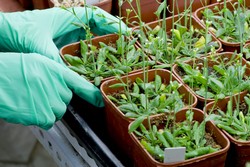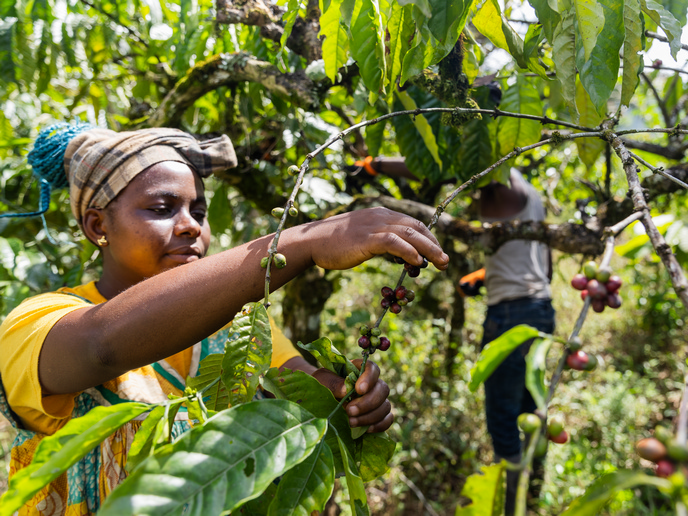The biological process of stress response in plants
Environmental stressors represent a major obstacle to improving the productivity of crops. Thus, understanding the adaptation networks involved in plant stress has become a major area of interest for scientists. Auxins are a type of hormone that plays a crucial role in coordinating growth and behavioural processes in plants. The distribution of auxin in a plant’s tissues guides its development. When stressed, plants produce reactive oxygen species (ROS), which – among other things – impact auxin. This can lead to growth reorientation as part of the plant’s stress response. Conversely, auxin can also trigger the production of ROS. Evidence is growing that the interaction between ROS and auxin modulates plant development in a way that can limit stress damage. Photosynthesis is also involved; it can activate responses that affect the balance of ROS and auxin. The EU-funded ROS-AUXIN (ROS and auxin crosstalk during plant development and stress adaptation) initiative studied the complex interactions between ROS and auxin, and the role photosynthesis plays in this crosstalk. Scientists used the model plant species Arabidopsis to conduct their research. To study these processes, the team developed a screening method for Arabidopsis seedlings that allowed them to monitor the plants’ photosynthetic yield and growth. They then exposed Arabidopsis plants to stressors and monitored the plants’ responses. The scientists exposed both regular wild-type Arabidopsis plants to stressors and mutant Arabidopsis plants that overexpress certain genes involved in controlling auxin. Their results contribute to deciphering the components of the ROS-auxin regulatory network that are involved in the adaptation of plants to stress. For each mutant, the researchers could assess whether the stressors resulted in more or less growth and photosynthesis compared to wild-type plants. ROS-AUXIN results shed light on the role of auxin-related genes in stress adaptation and their effect on plant development and photosynthesis. Such understanding of plant responses to environmental stressors could yield novel strategies to improve the yield of cultivated crops.







